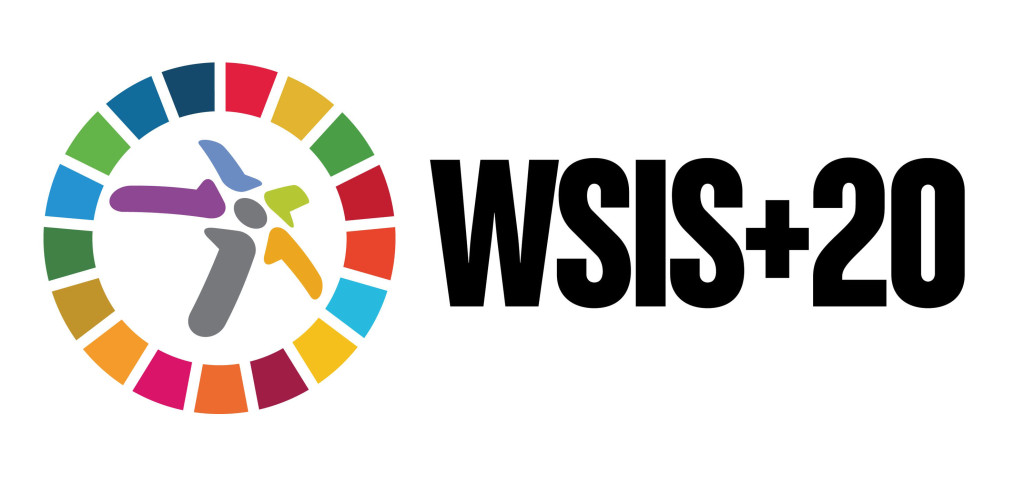Global South organisations urge WSIS+20 to adopt equitable digital governance and development-centred AI framework
The submission supports the draft’s recognition of multistakeholder participation but warns that many commitments risk remaining nominal unless anchored in a rights-based and development-centred framework. The group’s proposals focus on eight thematic areas, each framed around equitable access, digital sovereignty, and inclusive governance.

Organisations from Africa and the Middle East have urged UN negotiators to make the WSIS+20 outcome more reflective of the priorities of the Global South. In a joint submission to the Zero Draft, the Global South Organisation calls for a rights-based, development-centred approach to digital cooperation, warning that current commitments risk leaving developing nations behind.
The group proposes stronger support for locally driven ICT ecosystems, investment in digital skills, and open digital infrastructure that aligns with the sustainable development goals. It calls for AI systems tailored to regional needs, more diverse datasets, and local research institutions to prevent the concentration of technological power in a few countries.
On connectivity, the submission argues that the digital divide goes beyond access and includes affordability, literacy, and local-language content. It urges targeted investment in rural networks, affordable devices, and multilingual educational resources.
The proposal also emphasises human-rights-based cybersecurity and data sovereignty. It calls for international frameworks that respect national policy priorities while upholding privacy and transparency. To support implementation, the group proposes a Digital Equity Facility to finance digital transformation in developing regions and ensure fair participation in global governance.
On AI, the coalition advocates equitable access to computing resources, transparency in public-sector AI, and a ban on biometric mass surveillance. It also suggests creating an International Scientific Panel on AI with equal regional representation.
The submission concludes that WSIS+20 must produce a fairer digital order—one that allows developing nations to act not just as consumers but as co-creators of global digital policy.


